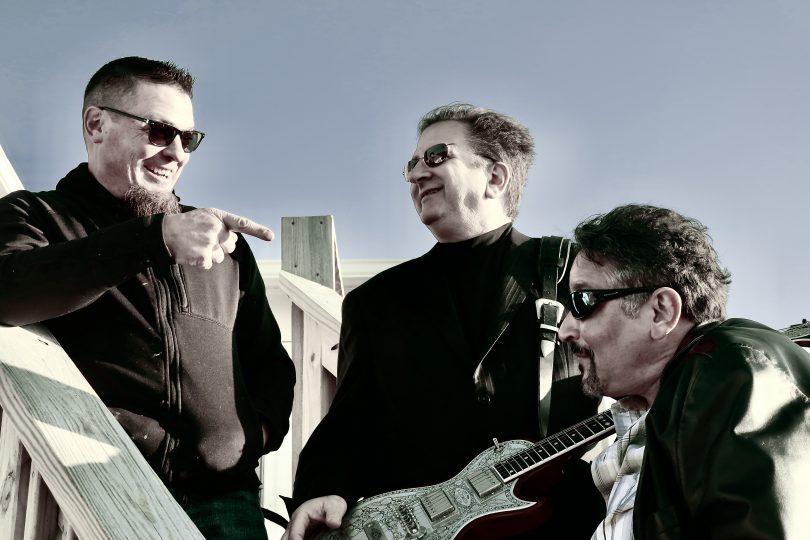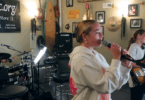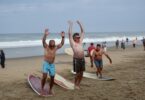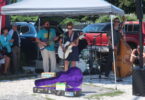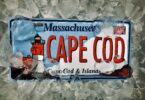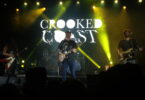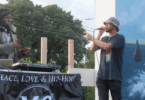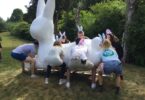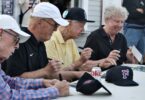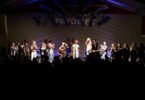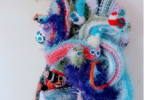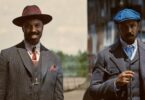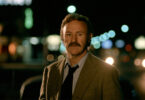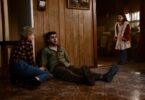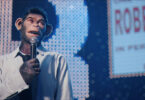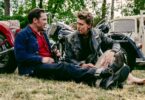CAPE COD – In early 2020, the world was going along as it seemingly always did when suddenly the whole system got a case of the jitters. Things froze up. Things started up, then stopped again. It was worse. It was better, and then it was far worse. It was all so jittery. In this…
You may also like
ArtsCape: Weavers Tell Stories in ‘2nd Chances’ at Highfield
A Magical Snowy New Year’s Morning at the Chatham Beach Shack – Slide Show
Cape Cod Wave Photos of 2025 – VIDEO
Long Pasture Wildlife Sanctuary At Dusk, Barnstable – Slide Show
“Making dreams come true at Mark’s Music”: Mark Filteau, A Profile
Dangerous Waves & Land Surfing at the Oldtimers Longboard Surfing Classic – VIDEO
Wellfleet Porchfest 2025, Mashup -Music VIDEO
Frozen Out: As ICE Acts on Cape Cod, Locals React
Crooked Coast at Coast-Fest: “Juju” + “Mallory & Mickey” – Music VIDEO(S)
Coast-Fest Mashup – Music VIDEO
How To Move A 10-Foot Bunny From Route 6A to Cotuit
Strong start for Woods Hole festival — Play It Again, Tim
Four Sportswriters, Boston’s Mount Rushmore, Go To A Cape League Game: SLIDE SHOW + Essay
Foggy Evening in Woods Hole – Slide Show
Sarah Burrill: “Rise Above” at the CC Women’s Music Festival – Music VIDEO
ArtsCape: Please Touch (the Art!) at Cotuit
Harvest Days: Remembering Michael Pearson’s Harvest Gallery Wine Bar
The Grab Brothers Make Hippie Happy Music – A Profile
Spontaneous Collaboration: Jackie Reeves and Lauren Wolk’s InkLine Project
Smoke Stack lightning: ‘Sinners’ sizzles – Play It Again, Tim
Spies play cat-and-mouse in ‘Black Bag’ – Play It Again, Tim
RIP Bruce Maclean – “the last old-time freak”
A suggested Hackman fest, an Oscar recap and a tardy review – Play It Again, Tim
Ho-hum, Oscar night at last–Play It Again, Tim
The “Functional Art” of Walter Baron, Boatbuilder – A Profile
‘Wolf Man’: Toxic masculinity strikes again – Play It Again, Tim
Singer a simian sensation in ‘Better Man’ – Play It Again, Tim
‘Bikeriders,’ ‘Beast’ best of the best for 2024 – Play It Again, Tim
Catching up during awards season; Play It Again, Tim
Follow The Money, and The Good Vibe; Why Shop Local – An Essay
About the author
Brian Tarcy
Brian Tarcy is co-founder of Cape Cod Wave. He is a longtime journalist who has written for the Boston Globe, Boston magazine, the Cape Cod Times and several other publications. He is the author of "YOU CAN'T SELL RIGHT FIELD; A Cape Cod Novel." He is also the author or co-author of more than a dozen mostly non-fiction books, including books with celebrity athletes Cam Neely, Tom Glavine and Joe Theisman. His previous book was, "ALMOST: 12 Electric Months Chasing A Silicon Valley Dream" with Hap Klopp,who created the iconic brand, The North Face.
For more information, see Briantarcy.com
Brian is a long-suffering Cleveland Browns fan with a long-running NFL predictions/political satire column connecting weekly world events to the fate of his favorite team, now at Whatsgonnahappen.com.

